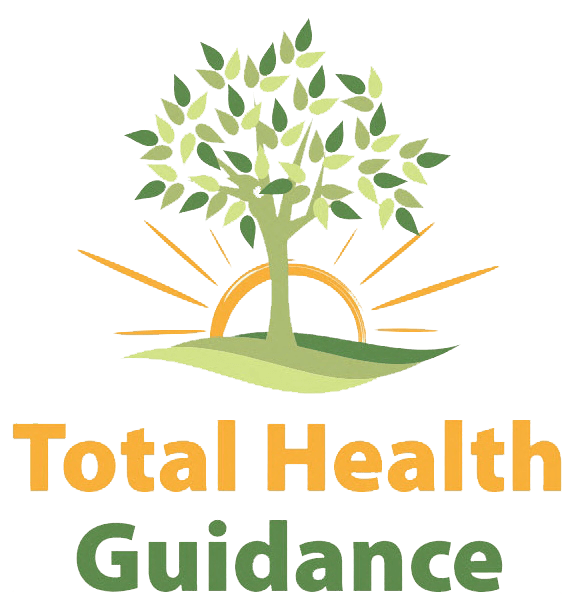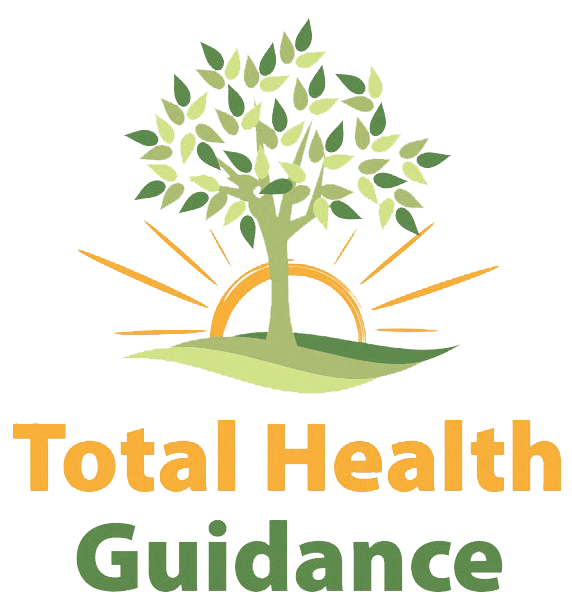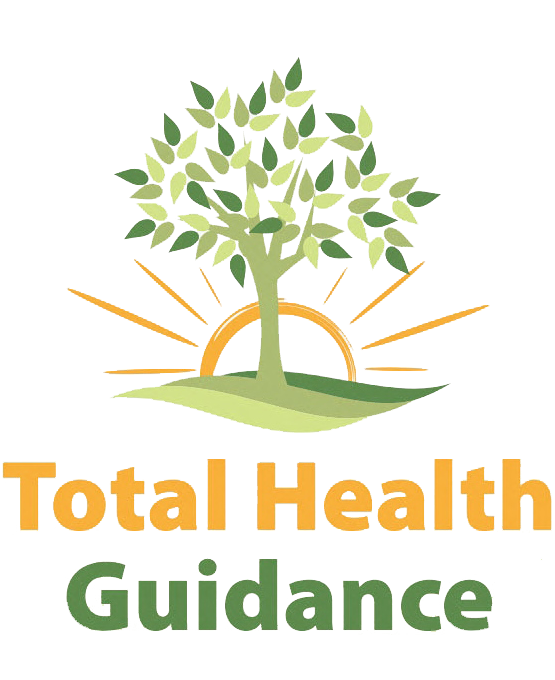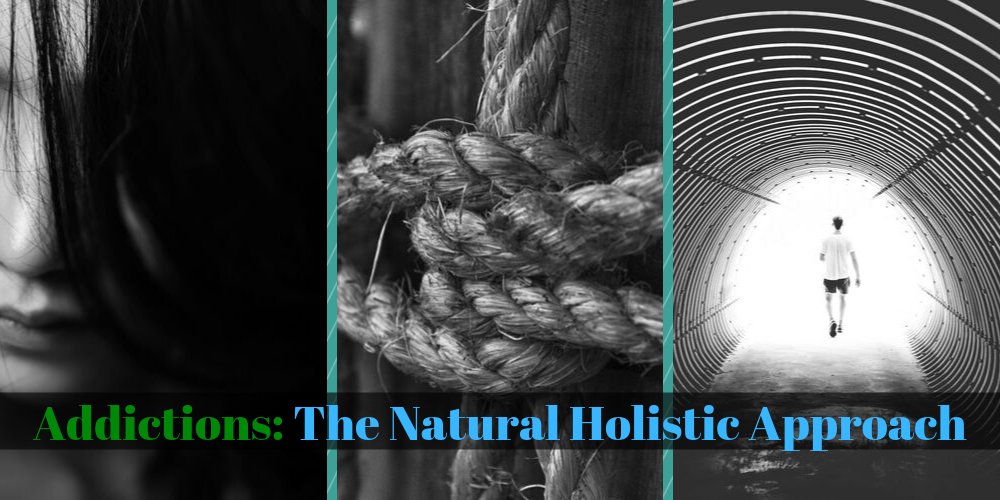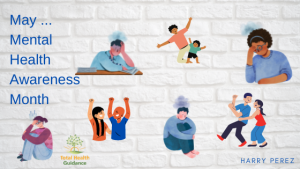Addictions: The Natural Holistic Approach
By Barbara Vehabovic, Clinical Intern
Recovering from addictions can be one of the most difficult things one may experience, whether it be substance abuse (alcohol or drugs) or process addictions (gambling, eating, spending, gaming, etc.). Whether you are a recovering addict or you have a loved one in need of help, here is some basic information on what addiction entails and how a naturalistic approach may help.
Regardless of the theorized causes, all addictions have certain things in common such as developing tolerance, withdrawal, limited control, negative consequences, neglected self-care, significant time or energy spent in addictive behavior, and desire to cut down. Many individuals turn to alcohol, drugs, or certain behaviors to cope, escape, or avoid situations that bring them discomfort. It is also commonly associated with other mental health issues such as depression, bipolar disorder, anxiety, or an inability to manage stress. Therefore, addictions can be multifaceted, making it even more difficult to overcome, but the good news is that it’s more than possible.
So what’s the cure? Well it’s not about finding a cure, but learning how to live a healthy and wholesome life. It’s about wellness, self-care, and developing adaptive rather than maladaptive coping skills. Here is how the dimensions of wellness can help individuals struggling with addictions.
Physical:
Your physical wellness includes everything from nutrition to exercise to sleep and hygiene. When your body is not receiving the proper nutrients, your energy level and even motivation decrease. Therefore, it is important for a recovering addict to keep a consistent healthy diet as well as engage in physical activity. Even if it’s simply walking for 30 minutes a day, it can have a positive function on brain chemicals. Taking certain vitamins and non-traditional approaches such as acupuncture can assist in halting cravings as well.
Emotional/Psychological:
This dimension is about taking care of your mental health. Seeing a therapist can help you sort through some of the underlying issues that may trigger one to engage in addictive behaviors. Taking care of your emotional health means developing positive coping skills such as engaging in alternative interests (music, art, photography, yoga, etc.). It means combating negative thought processes and increasing self-awareness of your triggers so that you can take the steps necessary to replace old maladaptive behaviors with new adaptive behaviors.
Social:
The social dimension is highly important when it comes to addictions. It helps to have a positive support system in place when in recovery. Returning to the old environment, in which your addiction prevails in, will not help the recovery process. Sometimes this may mean getting rid of old friends and making new friends that are a positive influence and do not enable you to engage in addictive behaviors. This may mean attending support groups and reaching out to loved ones to amend severed relationships that are of significant value.
Spiritual:
This dimension includes whatever brings meaning and purpose to your life, whether it is an organized religion or not. Spirituality can help individuals struggling with addictions by guiding them back toward a higher purpose. For some people, this can mean reconnecting with nature, practicing yoga or meditation, reading scriptures, or journaling for self-discovery. Many 12-step support groups are spiritual in nature as it serves to connect individuals who may feel alone in their addiction. Rediscovering that meaning or purpose can motivate an individual to set goals and work toward achieving a personal sense of happiness.
This is not to say that if one does something to take care of each of these dimensions, that they will be cured. No, it’s not going to be that easy. It takes consistency, willpower, effort, time, devotion and readiness to change. However, you don’t have to do it alone. We are here to help! Our team of providers can help you overcome your addictions, serving all the dimensions of wellness and getting you back on your feet.

